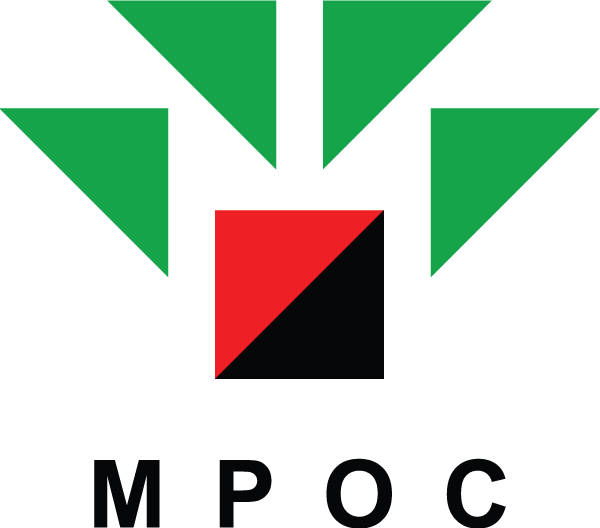








Azriyah Azian holds a BBA (Hons) in Marketing from Universiti Tenaga Nasional. She started her career in Public Relations and has since clocked more than 15 years working experience in the service industry that includes marketing, public relations and event management. She joined MPOC in 2009 as Market Analyst overseeing oils and fats situation in Europe region. To date, she has produced articles and reports that have been published in MPOC Fortune magazine, POINTERS on Price Trends, Palm Oil Market Development Report (POMDR) and MPOC website; as well as presented at Palm Oil Trade Fair and Seminar (POTS) in Moscow, Russia and MPOC Industry Interaction in 2013; Regional Workshop during POTS KL 2014 and Malaysian Palm Oil Networking Seminar in Warsaw, Poland in 2015 and other MPOC seminars. She is currently in charge of the Sub-Continent region.
In addition, she has also been emceeing many MPOC events in the past as well as a number of programmes in conjunction with the Love MY Palm Oil campaign. Due to her presence among the industry members, she has been invited to be the Master of Ceremonies for the palm oil industry’s events. Among them include the Incorporated Society of Planters for their International Planters Conference (IPC 2012, IPC 2016 and IPC 2019) and National Seminar (NatSem 2014, 2015, 2017 and 2018) as well as ISP’s conference/seminar dinners; Malaysian Estate Owners’ Association (MEOA) Annual Dinner and Palm Oil Refiners Association of Malaysia (PORAM) Annual Dinner.
The move had benefitted both Malaysia and Indonesia. Prior to 2018, Malaysia held 26% of market share whilst Indonesia held 74%. That scenario had changed in 2019 when Malaysia enjoyed an import duty advantage under Malaysia-India Agreement or MICECA. As a result of the duty advantage, exports of palm products from Malaysia to India increased by 75.40% in Jan-Dec 2019, compared to the same period of 2018. The market share for Malaysia has increased to 49% bringing down Indonesian market share to 51%. In total, MPO exports to India recorded 4,409,511 MT in 2019 against 2,514,008 MT which was registered in 2018.
The influx of cheaper RBD palm olein from Malaysia did not go well with the domestic industry hence, the imposition of the safeguard duty on 5th September 2019. Even after the implementation, India continued to import RBD palm olein from Malaysia. Then came the events where Malaysian Government made its stand on a few of India’s internal policies that resulted in an eventual diplomatic row between the two nations.
On 8th January 2020, The Ministry of Commerce and Industry of India issued a notification declaring that the import of refined palm oil "is amended from 'Free' to 'Restricted’. The decision to impose the restrictions on imports of palm oil and palm olein is widely believed and reported as retaliation against Malaysia and to effectively block palm oil imports from Malaysia.
This paper will evaluate the impact of India’s latest policy and will also look at the market factors for domestic oils and fats production, consumption as well as trade in India's edible oil sector, and the market potential for Malaysia’s exporters.